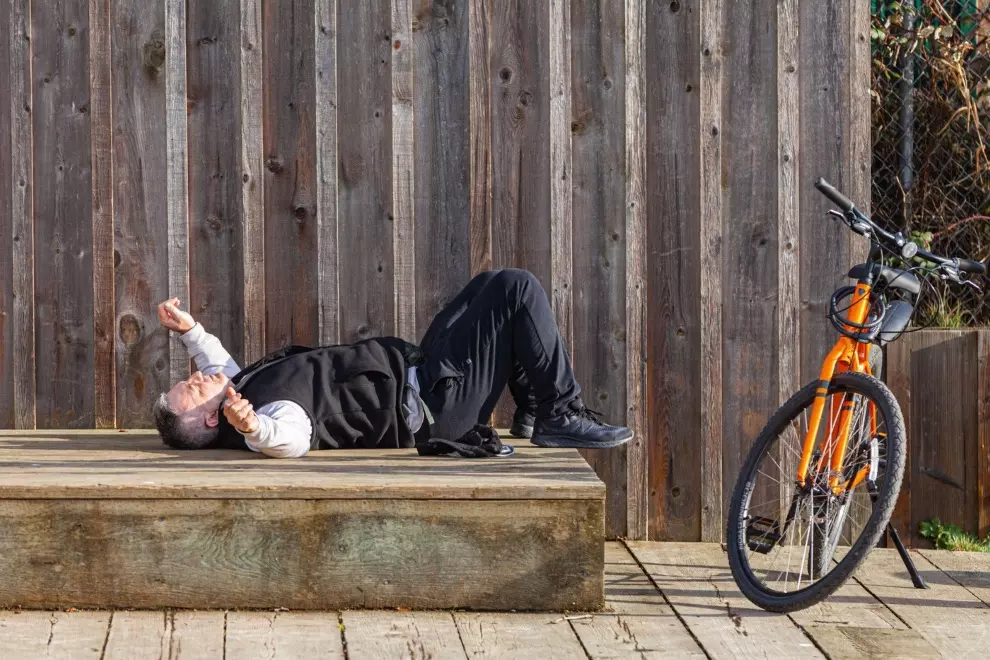There is no question that her contributions to science and humanity have left an indelible mark on the world. However, many might not be aware that alongside her remarkable scientific journey, Marie Curie was also an avid cyclist, embracing the freedom and joy that a bicycle brought into her life during the late 19th and early 20th centuries.
Let’s explore Marie Curie’s passion for and impact on promoting cycling as an activity for women, leading to the recognition and celebration of her legacy through cycling charity events worldwide.
Marie Curie: The Scientific Pioneer
If you’ve ever felt an extra surge of brain power following a ride — the story of Marie Curie lends some serious credence to your suspicion that riding makes you sharper. Marie Curie’s unparalleled scientific achievements are well-documented, from her groundbreaking research on radioactivity to her pivotal discoveries of radium and polonium. Born in Poland in 1867, she moved to Paris to pursue higher education, defying societal norms of the time to become a scientist.
Her dedication, brilliance, and unyielding spirit led her to win the Nobel Prize in Physics in 1903, which she shared with Henri Becquerel and Pierre Curie, her husband. In 1911, she clinched her second Nobel Prize, this time in Chemistry, in recognition of her discovery of radium and polonium. Her work in radiation therapy transformed medical science, saving countless lives.
Marie Curie: The avid cyclist

Beyond her groundbreaking scientific endeavours, though, Marie Curie’s personal life reveals a woman of diverse interests and passions. And among these was her love for cycling. During the late 19th and early 20th century, cycling was gaining popularity as a leisure activity, offering newfound freedom and mobility for those who could afford bicycles. Marie Curie, together with her husband Pierre, embraced this emerging trend and embarked on numerous cycling trips throughout Europe. These cycling excursions provided a welcome escape from the confines of the laboratory and offered a rejuvenating experience amidst nature and picturesque landscapes.
Challenging gender norms through cycling
For Marie, though, cycling served not only as a recreational pursuit but also as a means of challenging the societal norms of her time. In the late 19th century, women’s participation in sports, including cycling, was met with scepticism and resistance. Engaging in such physical activities was considered improper and even scandalous for women. However, her unwavering determination to break barriers extended beyond her scientific pursuits and into the realm of women’s empowerment.
The bicycle as a symbol of independence
By openly enjoying cycling and advocating for its acceptance among women, Marie Curie defied societal expectations and demonstrated that women could participate in physical activities just as men could. She became a symbol of independence, resilience, and gender equality, inspiring countless women to challenge restrictive norms and embrace their passions. Marie Curie’s bicycle became a powerful emblem of her adventurous spirit and refusal to be confined by gender roles or societal expectations.
Marie Curie’s enduring legacy
These days, Marie Curie’s legacy as an avid cyclist and a trailblazer for women’s rights continues to resonate. As you may already know, cycling charity events are organised worldwide in her name to celebrate her scientific achievements and honour her advocacy for women’s participation in sports. These events not only promote cycling as a healthy and eco-friendly mode of transport but also raise awareness and funds for charitable causes, aligning with Marie Curie’s commitment to positively impacting society.
Participants in these events commemorate her life while actively contributing to causes such as cancer research, healthcare support, and other charitable endeavours. These events serve as a testament to the lasting influence of a truly remarkable woman who shaped the scientific landscape and championed gender equality and women’s empowerment.
Drawing inspiration from a trailblazer’s path
As the world continues to honour Marie Curie’s contributions to science and society, her passion for cycling remains an inspiring aspect of her life that encourages people, especially women, to embrace their passions fearlessly. Her bicycle symbolises more than just a mode of transportation; it represents the spirit of exploration, a thirst for knowledge, and the breaking of barriers. Marie Curie’s legacy has transcended time, reminding us that pursuing expertise and personal passions can go hand in hand, leading to a more enriched and fulfilled life.
So, next time you’re debating whether or not to make time for a ride or are questioned about why gender equality in sports is so important — remember Marie Curie. She’s a real testament to the value that cycling can add to one’s life and an inspiration to all of us to make the sport we love more inclusive and accessible to all!




